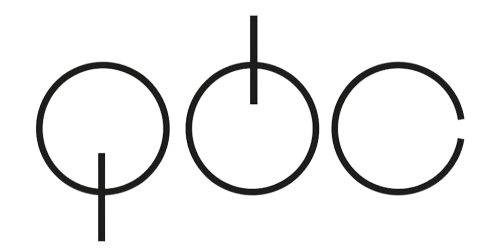It might be due to enabling, a concept that’s as complex as it is misunderstood. Enabling refers to behaviors that unintentionally support negative actions, making it harder for the person involved to change. Friends, family, and other loved ones may unintentionally make a situation worse by enabling a person who misuses alcohol. You may only be trying to help and likely do not realize that you’re being an enabler.
You might even insist to other family or friends that everything’s fine while struggling to accept this version of truth for yourself. Enabling often describes situations involving addiction or substance misuse. Enabling can describe any situation where you “help” by attempting to hide problems or make them go away. Enabling behavior is often unintentional and stems from a desire to help.
- Enabling is essentially love turned to fear, and help turned to control.
- These people may find it difficult to make tough decisions for the good of the addict and can end up enabling them, leading them further away from recovery.
- Once you realize that you are not helping but are actually enabling a loved one who is misusing alcohol, you may have no idea how to stop.
- The issue is that there is a significant lag time between those behaviors manifesting and those close to the addict coming to grips with them.
- No one is saying you should never give a friend a ride to the store when their car breaks down.
Enabling can be hard to spot for the people within the enabling relationship. So, when you start taking on tasks to help others, it’s only natural that eventually something has to give. Trying to manage your own life along with others’ starts to wear down your reserves. Enabling can also be a way of protecting those we love from others’ scrutiny — or protecting ourselves from acknowledging a loved one’s shortcomings.
Even if your loved one won’t accept help, you might also consider going to therapy yourself. Enabling also involves sacrificing or neglecting your own needs to care for the other person. This https://sober-house.org/ might involve experiencing financial hardships in order to keep providing for the other person financially or neglecting your own health in order to care for the other person physically.
Patient Care Network
The quick way to tell the difference between enabling and helping? Anything that you do that protects someone who is misusing a substance from the consequences of their actions is enabling because it delays their decision to get help. While the term “alcoholic” was used in the past but is now viewed as outdated and stigmatizing. Today, healthcare professionals would say that a person has alcohol use disorder (AUD).
Set your boundaries and uphold them
You may discuss with your loved one what the possible consequences of actions might be, without feeling as if you must make sure they make the choice you want them to make. Healthy help puts your loved one in control and allows you to take a secondary role. On your side of the boundary, this means that you must learn to cope with, and internally manage, the anxiety of not being in control of your loved one. Many recovering enablers find that they must rely on their own sources of support to help them overcome the urge to control and enable. The fear of your loved one being hurt can be so overwhelming that setting boundaries and stepping back can be panic-inducing.
How to Tell If You’re Enabling an Alcoholic and How to Stop
For the loved ones of people with an alcohol or substance use disorder, sometimes this isn’t easy. More than a role, enabling is a dynamic that often arises in specific scenarios. People who engage in enabling behaviors aren’t the “bad guy,” but their actions have the potential to promote and support unhealthy behaviors and patterns in others.
One of the most significant effects of enabling is the strain it puts on family dynamics. As you might prioritize the needs of the individual battling addiction, other relationships may suffer due to neglect or the constant focus on the addiction issues. This can lead to feelings of resentment or isolation among other family members who feel sidelined or less important. By recognizing the fine line between helping and enabling, you contribute significantly to the environment that fosters genuine recovery. It’s about striking the right balance between empathy and accountability, ensuring your loved one has the resources and motivation to pursue sobriety.
If you love someone with a mental health condition or substance use disorder, you may feel as though you’re doing everything in your power to help them, but it’s just can you detox from weed not working. Enabling behaviors can encourage unhelpful habits and behaviors, even if it’s unknowingly. But supporting behaviors can empower a loved one to recover.
Learning how to identify the main signs can help you prevent and stop enabling behaviors in your relationships. Setting boundaries is something you do for yourself—it’s not about controlling your loved one or trying to change their behavior. In order to effectively do this, you have to let go to some degree.
